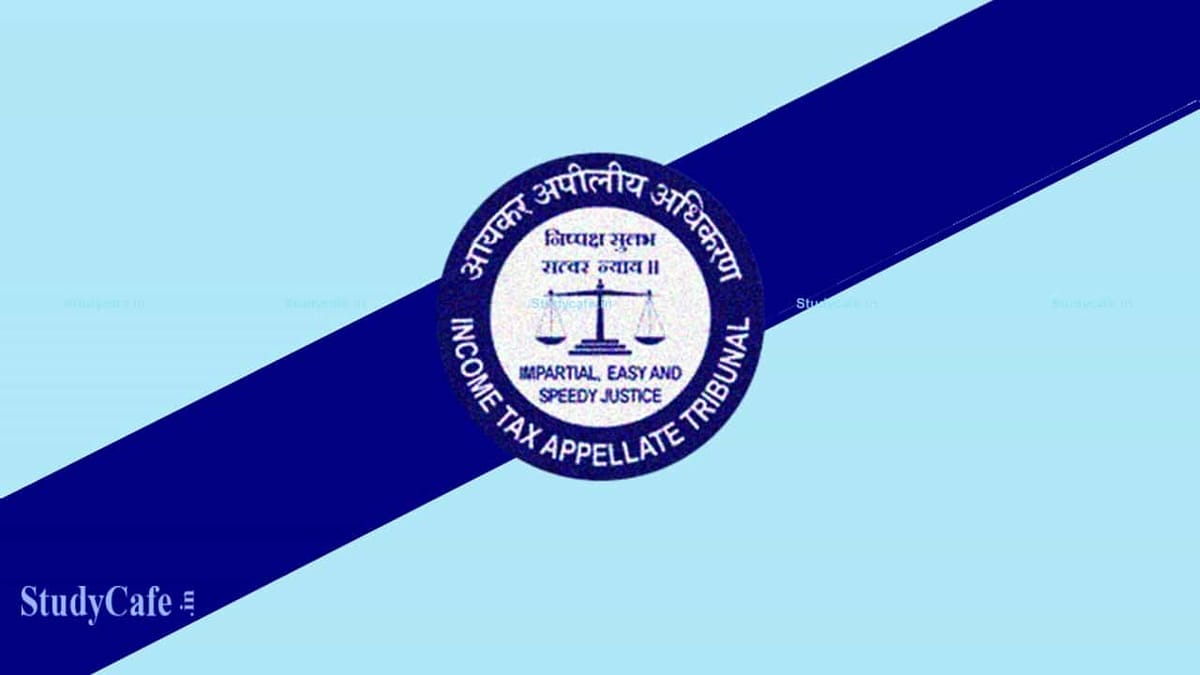Difference between Quasi-capital and Loan Simplicitor in the matter of transaction between Associated Enterprises
JAHNVI SHAH | Nov 17, 2021 |

Difference between Quasi-capital and Loan Simplicitor in the matter of transaction between Associated Enterprises
The Learned Income Tax Appellate Tribunal, Surat conducted a hearing in the appeal filed by Bilakhia Holdings Pvt. Ltd. against the order of Commissioner of Income Tax (Appeal). Several orders relating to a similar transaction were issued relating to AY 2008-09 in the earlier half of 2020. The Tribunal, while ruling partially in favor of the assessee, cited the orders passed in previous Assessment Years. The main issue discussed was the concept of Quasi-capital compared against a loan simplicitor and it was opined that a quasi capital loan or advance is not a routine loan transaction simplilcitor.
While it is a complicated concept, the simple difference between a quasi-capital and loan simplicitor is that in the case of quasi-capital, the consideration for a sum of money is received in the option to convert the loan to equity; however, in the case of loan simplicitor, the consideration is received in terms of interest and return of principal amount after a pre-decided deferred period of time. The nitty-gritty of the same may differ as per the terms of specific contracts.
The following case relates to an international transaction between an Indian holding company and its foreign wholly-owned subsidiary company where the preference shares were redeemed by the subsidiary company by taking a loan from a bank.
The simple facts of the case are that Assessee Company being an investment company had received shares from its Promoters as a gift. The Assessing Officer (AO) dismissed this claim stating that it was purchased by the assessee company at a discount from the said Promoters and that consideration was involved. Hence, AO disallowed the Long Term Capital Loss claimed by the assessee of Rs. 2 cr (approx). The Commissioner purports to treat the said transaction as a loan transaction and since the parties to the transaction are Associated Enterprise (AE), the interest rate should have been calculated at an Arm’s Length Price (ALP) for which the assistance of Learned Transfer Pricing Officer (TPO) was sought. The interest rate calculated was 2.29%.
The action was confirmed by the Commissioner citing that the parties to the transaction are associated enterprises. This was supported by similar orders passed in the assessee’s own case in AY 2010-11 and 2011-12. Another similar order passed in AY 2008-09 was also referred.
The facts claimed in this order are that the Assessee was holding 46.2% shared in Sterling + Hostag and has created a wholly-owned subsidiary for acting as a special purpose vehicle in Mauritius for carrying out the sale of its investment. The subsidiary was wound up after selling off all the shares in Mauritius and brought back the sale proceeds to India as per the Foreign Exchange Management Act, 1999 and regulations applicable at the time. The tax was duly paid in India on Rs. 174 cr (approx) as the amount remitted from Mauritius. At this time, the subsidiary company was in the process of redemption of preference shares, and a loan was taken from Standard Chartered, Mauritius for affecting this redemption where the guarantee was given by the Standard Chartered Bank, Ahmedabad. In order to use the Comparable Uncontrolled Price method, the transaction between the AEs in the case was compared with quasi-capital.
Where real consideration is an opportunity to own capital on favorable terms. In Cadila Healthcare Limited, heard by ITAT Ahmedabad, it was held that where the assessee-company advanced loan to its AE with an option to convert same into equity at par, since real consideration for granting loan was not interest simplicitor on the amount advanced but opportunity to own capital on favorable terms, it was to be regarded as quasi capital transaction which could not be compared with simple loan transaction for purpose of determining ALP. It was opined that a quasi capital loan or advance is not a routine loan transaction simplicitor.
The previous order had deleted the arms-length price adjustment to the tune of Rs. 5 crores (approx) citing that it is at the “assessee’s right to exercise the option” that loan may be converted to equity. At such a time when it is converted to equity, the loan assessee has the right of receiving on the market rates.
The learned Tribunal decided partly in favor of the assessee while holding that the assessee has held that the orders granted in favor of the assessee in A.Y. 2008-09, 2010-11 and 201-12 must be followed by the Learned AO/TPO.
To Read Judgment Download PDF Given Below :
In case of any Doubt regarding Membership you can mail us at contact@studycafe.in
Join Studycafe's WhatsApp Group or Telegram Channel for Latest Updates on Government Job, Sarkari Naukri, Private Jobs, Income Tax, GST, Companies Act, Judgements and CA, CS, ICWA, and MUCH MORE!"